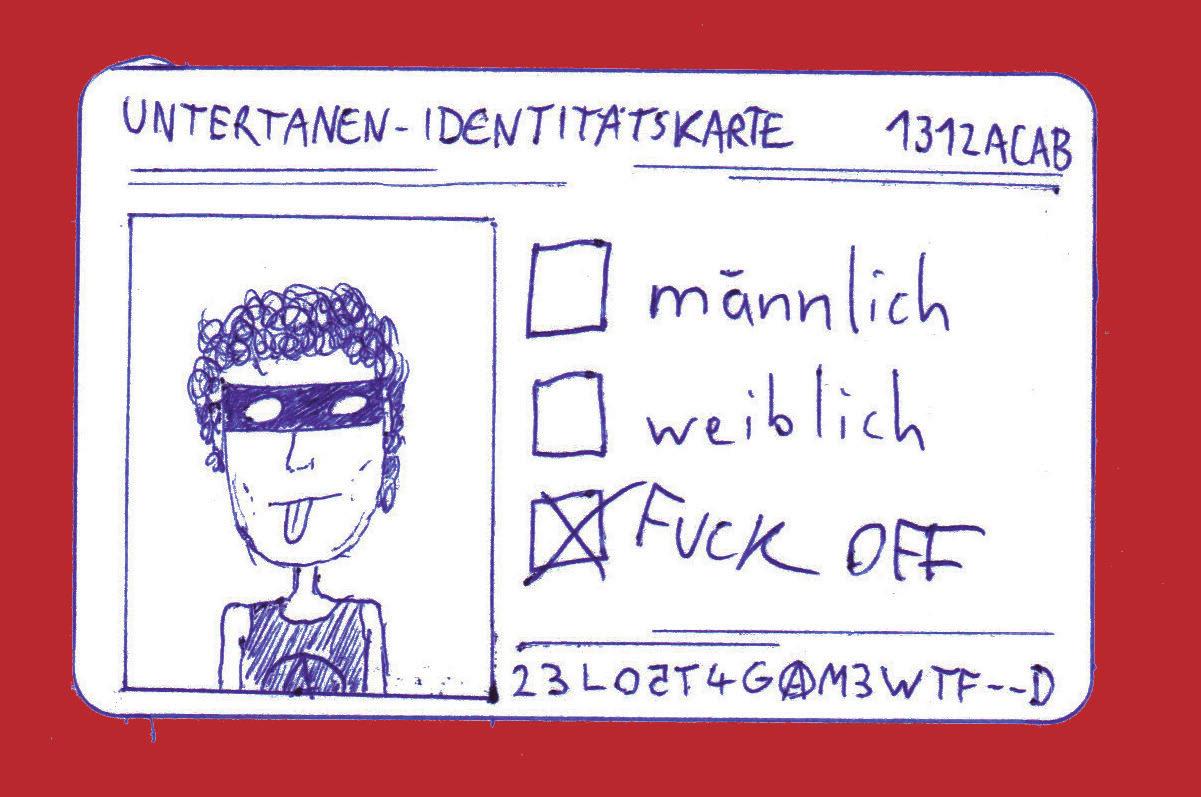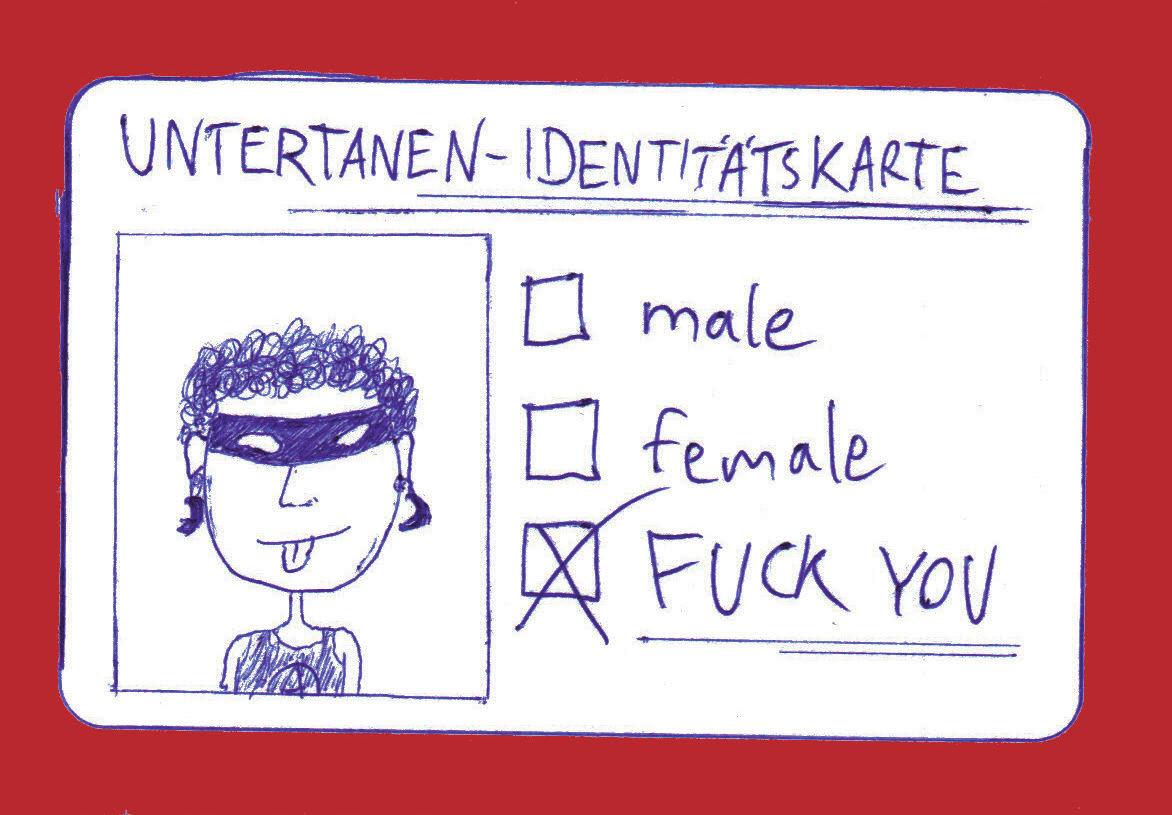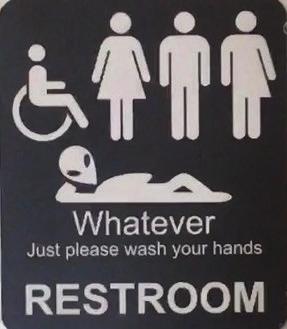How people treat each other is one thing – dehumanising bureaucratic institutions are something else entirely. Official correspondence is a very binary affair, even though Germany now officially recognises the third gender. This means that, according to §22 PStG, instead of a male or female gender, one can have a diverse gender entry, or even no gender at all, entered in birth certificates, identity cards, etc.
This change is not so easy for the authorities. The first question is often: “If you are not a Mr./Mrs. surname, what do I call you now? A nice idea is “Sehr geehrtes D [Last Name],” which is used by some Corona test centres, for example. Let’s suggest this to more institutions.
There are expensive ways and slightly cheaper tricks to get one’s name and gender entry changed. For example, there is the way via §45b PStG – if you’re interested, take a look at https://web.archive.org/web/20210510201446/https://www.bundesverband-trans.de/unsere-arbeit/dritter-geschlechtseintrag/.
At the time of this zine’s publication, the legal situation in Germany is still bad. The new Green-SPD-FDP government promised to make it easier to change your gender though. Soon things might look better.
But perhaps it is better not to have any illusions that the bureaucracy takes us seriously as human beings. They also treat cis people bad, after all. In the everyday struggle with the job centre, health insurers, courts, student subsidies office, citizen’s registry, and all the categories they impose on us, it makes sense to make up a story and play a role – and it makes sense to clearly distinguish yourself from how you want to deal with people outside this struggle. Using a false name and gender when arguing with them can be a way of dealing with this.





